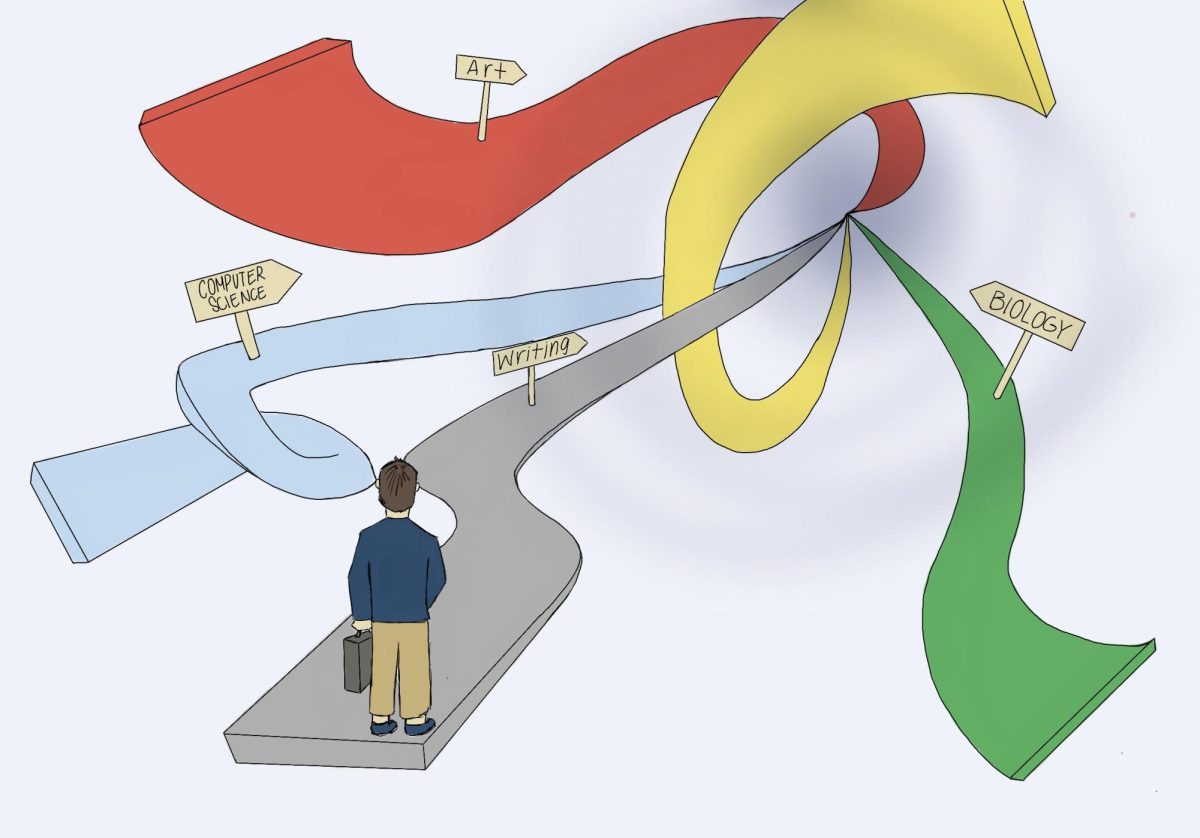“Why is she losing so much weight?”
“Something’s clearly wrong with her.”
“No one just looks like that, she’s obviously taking something.”
I’ve seen these phrases repeated over and over again in comment sections, discussion threads and forums all over the internet, usually accompanied by a photo of a celebrity. The celebrity is always very thin, usually a woman and has most likely had some work done in the past (or has been rumored to, which is as good as the real thing in the eyes of public discourse).
Recently, any celebrity who appears to be experiencing rapid weight loss is coming under fire. Whether it’s because of leaked paparazzi shots or photos taken on a red carpet, the backlash is the same each time—a slew of before-and-after comparisons, article after article written about their “dramatic transformation,” and a decent mix of people who claim to be shocked, enraged, or concerned. This routine has been followed countless times and only seems to be happening more often as time goes on.
Usually, critics say their appearance is clearly “concerning” or even “unhealthy.” Under the guise of worrying that a celebrity is struggling with an eating disorder, or that they’re losing weight at an unhealthy rate, people make backhanded or outright invasive comments towards them. According to them, these comments are justified because they see a difference between commenting on someone’s weight and calling someone out for being ill. While it’s clear that this isn’t their place, as it’s not up to people who aren’t truly involved in a celebrity’s life to regulate their health regardless of how thin they are, recent beauty trends have made this line of reasoning far more pervasive.
The rise of Ozempic is one of the primary reasons why this discourse has become so frequent. It’s become a common line of attack to accuse a celebrity of taking the weight loss drug, and to be fair, Ozempic usage among the rich and famous is a known problem. People’s anger and frustration towards how Ozempic is making thinness the standard and turning the clock back on years of progress is justified but misplaced.
While celebrities do play a role in setting and perpetuating beauty standards, they’re ultimately subject to the same systems that push those standards as the rest of us are. There’s immense pressure on celebrities to be attractive, not only because they live in the same world that we do but also because their careers can depend on it. Being the face of a brand, company, or label often comes with expectations that feel impossible to meet, and the constant scrutiny can’t be helping matters. Knowing that thousands of people are looking at them every single day is bound to make a person concerned with their appearance to a degree that would motivate them to take a weight loss drug, and that issue is a societal one that goes far beyond those who are criticized the most for it. The weight loss and dieting industries are doing far more damage than any one person is, and our energy is much more useful if it’s spent criticizing systemic problems instead of individuals—especially when we have no way of verifying if they’re using the drug in the first place. Most of these rumors are just that—rumors—and it’s hard to know who may be hurt by them, even if that hurt is unintentional.
There are numerous reasons why someone might be experiencing rapid or sudden weight loss, and contrary to popular belief, there’s no way to tell just by looking at a person. Take Halsey, for example, who was rumored to be struggling with a drug addiction after people noticed that she seemed to be losing weight in late 2021. As it turned out, her weight loss was because she’d been battling cancer, something that wasn’t public information at the time. There are many details of celebrities’ lives that they don’t choose to share with their Instagram followers, and it’s impossible to know what could really be going on in their lives behind closed doors. The last thing someone who could potentially be struggling with a recent diagnosis needs is even more scrutiny.
It’s one thing if a celebrity is disingenuously using their platform to market wellness supplements and workout routines to an impressionable audience who believes that by spending their money and time on these products, they can look just like them. But if that’s not the case, and they’re simply existing while looking the way they do, that’s not anyone’s business but their own. Each time the public chooses to target their outrage at a celebrity, executives, companies and brands get to see another day without receiving the backlash they deserve for the problem they’ve created. Challenging the glamorization of thinness and conventional beauty is a noble goal, but do it by calling out the industry, not people.







